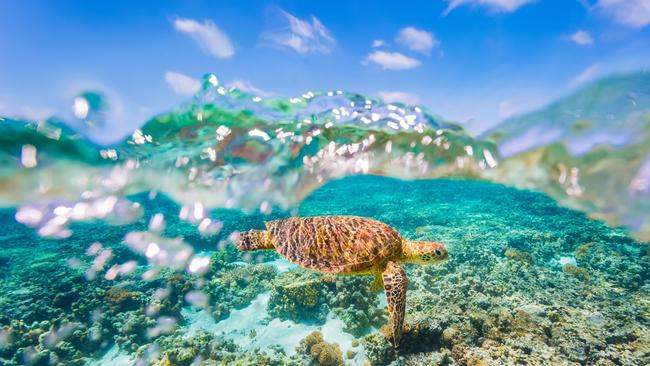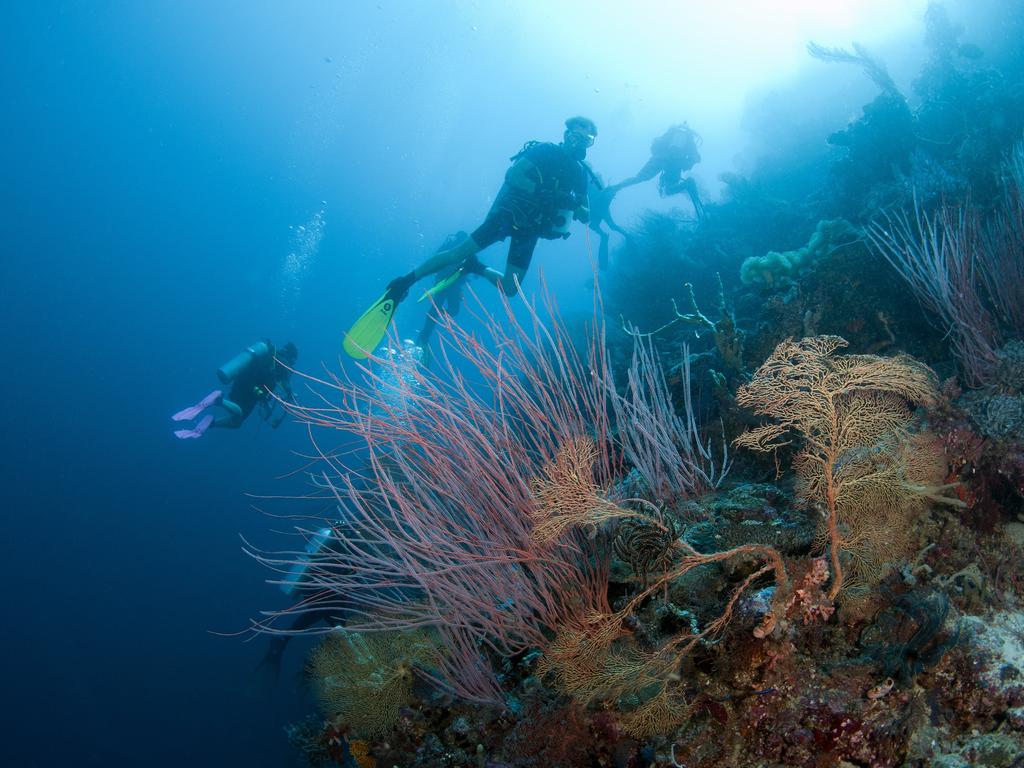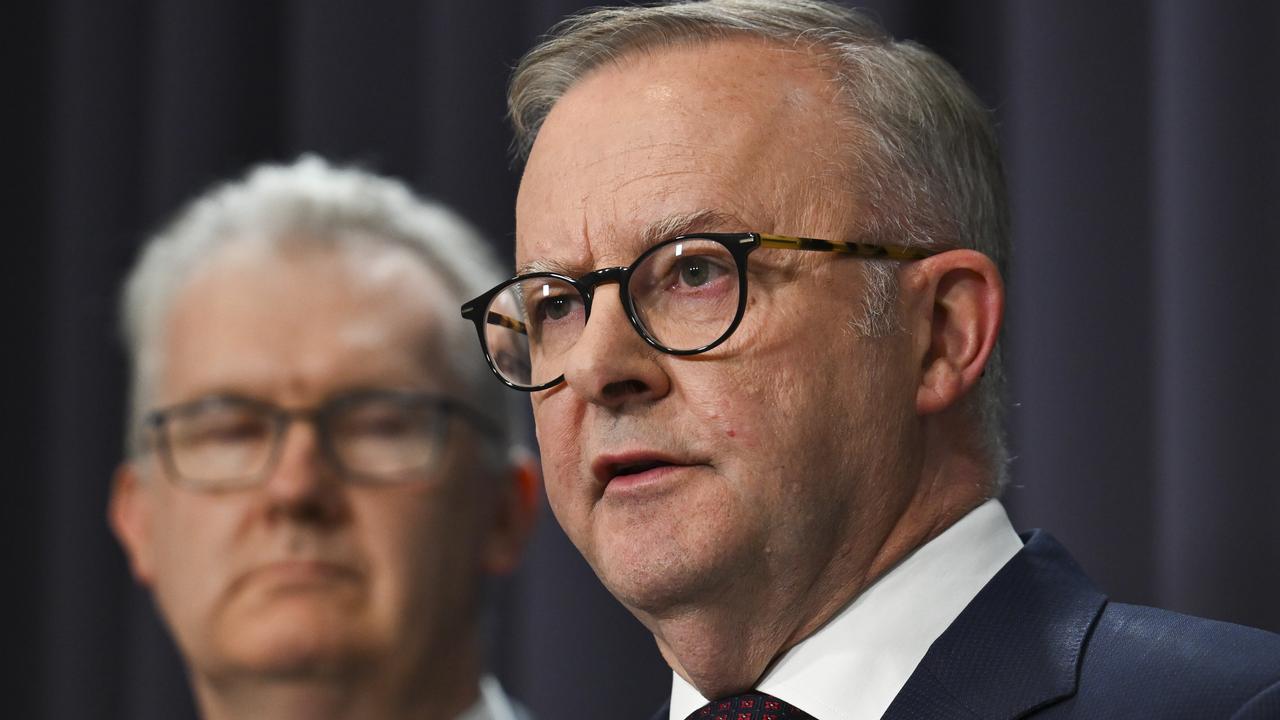Great Barrier Reef avoids ‘in danger’ status at UNESCO meeting
New reef declaration viewed as a diplomatic victory by the federal government.

A push to have the Great Barrier Reef’s health status downgraded to “in danger” has failed, an outcome viewed as a diplomatic victory by the federal government and a missed opportunity by environmental groups.
In a virtual meeting on Friday evening, the 21 member countries of the China-led UNESCO World Heritage Committee agreed to repeal a draft listing that would have changed the reef’s status without an on-the-ground assessment. An amendment by Bahrain that blocked the draft status listing was supported by Bosnia and Herzegovina, Ethiopia, Hungary, Mali, Nigeria, Oman, the Russian Federation, Saudi Arabia, Spain, Saint Kitts and Nevis and Uganda.
The amendment extends until next year the timeline for an updated report on the reef. UNESCO delegates will travel to Australia to examine the reef. The issue will then be considered by the World Heritage Committee at its 45th session in 2022.
The Morrison government said it was blindsided last month by the UNESCO heritage committee’s move to change the reef’s classification.
The proposal was based on concerns about the water quality and the impact of climate change. Environmental groups in the US and Australia had pushed for the reef to be placed on the “in danger” list, arguing not enough has been done to combat climate change.
Environment Minister Sussan Ley said the committee’s decision would allow reef managers, marine scientists and land managers a chance to demonstrate the “success of the outstanding work” across the reef.
“This has never been about Australia hiding from the challenges facing the reef or the pressures of climate change, it has been about ensuring a fair and transparent process for the reef and the people who work tirelessly to protect it,” Ms Ley said on Friday night.
“Crucially, tonight’s decision will allow the World Heritage Committee to develop a framework that ensures all properties, including the 83 identified through the World Heritage process as being at risk from climate change, to be treated in the same way.”
Labor environment spokeswoman Terri Butler labelled the decision an “indictment” on the Morrison government. “The deferral is a temporary reprieve,” she said.
The Australian Marine Conservation Society agreed that the outcome ramped up pressure on the federal government to act on climate change and the reef’s water quality. “It puts the Morrison government, as custodians of our reef, on probation,” said the society’s world heritage consultant, Imogen Zethoven.
“The responsibility lies with them to reduce emissions in line with limiting global warming to 1.5C – a level recognised by scientists as a crucial threshold for coral reefs.”
Last month, UNESCO said it had recommended the reef be downgraded to an “in danger” listing because bleaching in 2016, 2017 and last year had compounded pollution and water-quality issues.
The UN body said the “in danger” listing would be a call to action and an opportunity to spearhead global action on lowering carbon emissions to protect the world’s biggest reef.
Last month, 11 countries – including Spain, Hungary and France – backed Australia in denouncing UNESCO’s lack of consultation in proposing the draft listing.
The Australian revealed this week that an assessment by the Australian Institute of Marine Science found the reef was showing signs of recovery, with some of the best coral coverage recorded in years.But the institute’s chief executive, Paul Hardisty, warned the reef continued to face a significant threat from climate change.



